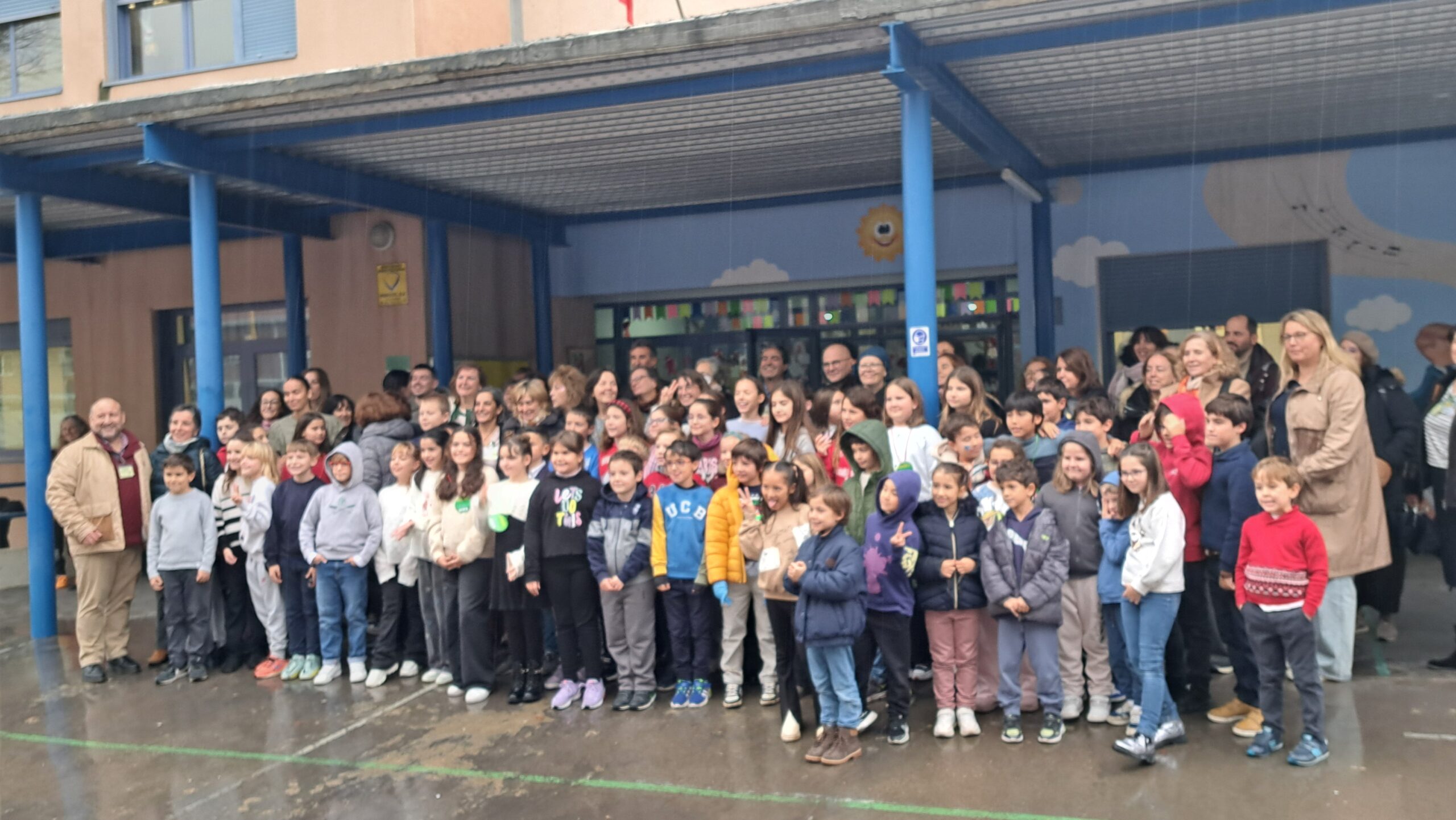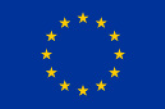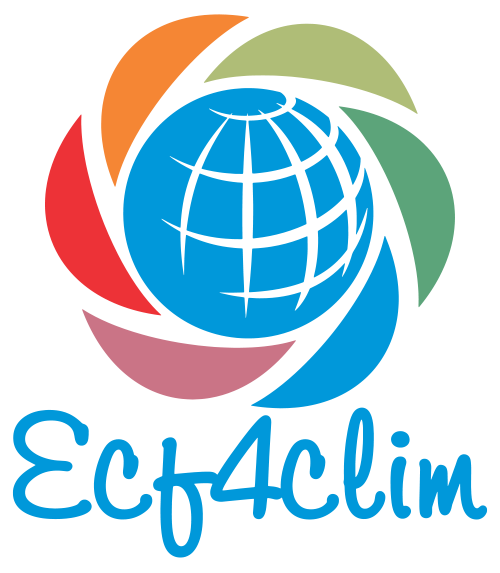As the ECF4CLIM project moves into its final phase, one message has become clear: our work doesn’t end when the research is complete — it begins when the results start to live in schools, universities, and communities.
Over the past three years, ECF4CLIM has developed and tested a wide range of methods, tools, knowledge resources, and data to strengthen sustainability competences across education. These outputs — from the Crowdsourcing Method and Environmental Audits, to the ECF Roadmap and IoT Monitoring Ecosystem — were not meant to stay on paper. They were designed to be used, adapted, and shared.
Exploitation Starts Early
Exploitation in ECF4CLIM began as soon as the first results were ready. Through collaboration between partners, Demonstration Sites (DSs), and the Exploitation Group, project outputs were tested in real educational contexts — from energy audits in schools to interdisciplinary courses at universities.
The Hybrid Participatory Method, for example, was co-designed with students, teachers, and administrators to ensure that interventions were not only scientifically sound but also practical and context-sensitive. The method has since inspired user-friendly materials and examples to help other educators apply it in their own institutions.
Real Stories from Our Demonstration Sites
Across 13 Demonstration Sites in Finland, Portugal, Romania, and Spain, more than 150 small-scale interventions have brought sustainability to life — solar energy initiatives, biodiversity corners, recycling projects, and even new university courses. These actions have become “living stories” of what sustainable education looks like in practice.
In Romania, the University of Pitești developed a new course, Sustainable Development in a Technological Society, guided by the ECF Roadmap and structured into eight modules covering resource management, green technologies, and climate adaptation. In Finland, the Roadmap is being used to design multidisciplinary learning modules and professional training programmes, while in Spain and Portugal, schools are sharing their success stories through regional education networks.
Synergies That Strengthen Impact
Collaboration has been a cornerstone of ECF4CLIM’s success. Through its partnership with EduQuemb, the project compared different tools for assessing sustainability competences and exchanged experiences on how to engage students in reflection and dialogue. The discussion opened new perspectives on how European projects can reinforce each other rather than work in isolation.
At the same time, ECF4CLIM has built connections with sister projects such as GreenSCENT and participated in the Horizon Results Booster initiative to refine its exploitation pathways. The ECF Roadmap, the flagship output of the project, has already inspired new European initiatives to foster green competences and institutional change in higher education.
Communicating and Sharing for the Future
A strong communication and dissemination effort has made these results visible and accessible. Through the ECF4CLIM Digital Platform, social media, newsletters, and webinars, the project has reached educators, policymakers, and communities across Europe. The 2025 social media campaign featuring 22 selected demonstration interventions showcased how real change can start from small, well-designed actions.
Looking Ahead
As we approach the final conference in Madrid (December 2025), ECF4CLIM is focusing on ensuring that its legacy endures. By embedding sustainability competences into curricula, policies, and institutional strategies, the project is building a foundation for continuous transformation.
Exploitation is not just about using results — it’s about creating a living framework for change, empowering educational communities to lead Europe’s transition toward a low-carbon and sustainable future.
Read more about our results and access the tools and resources at: https://ecf4clim.eu/digital-platform







